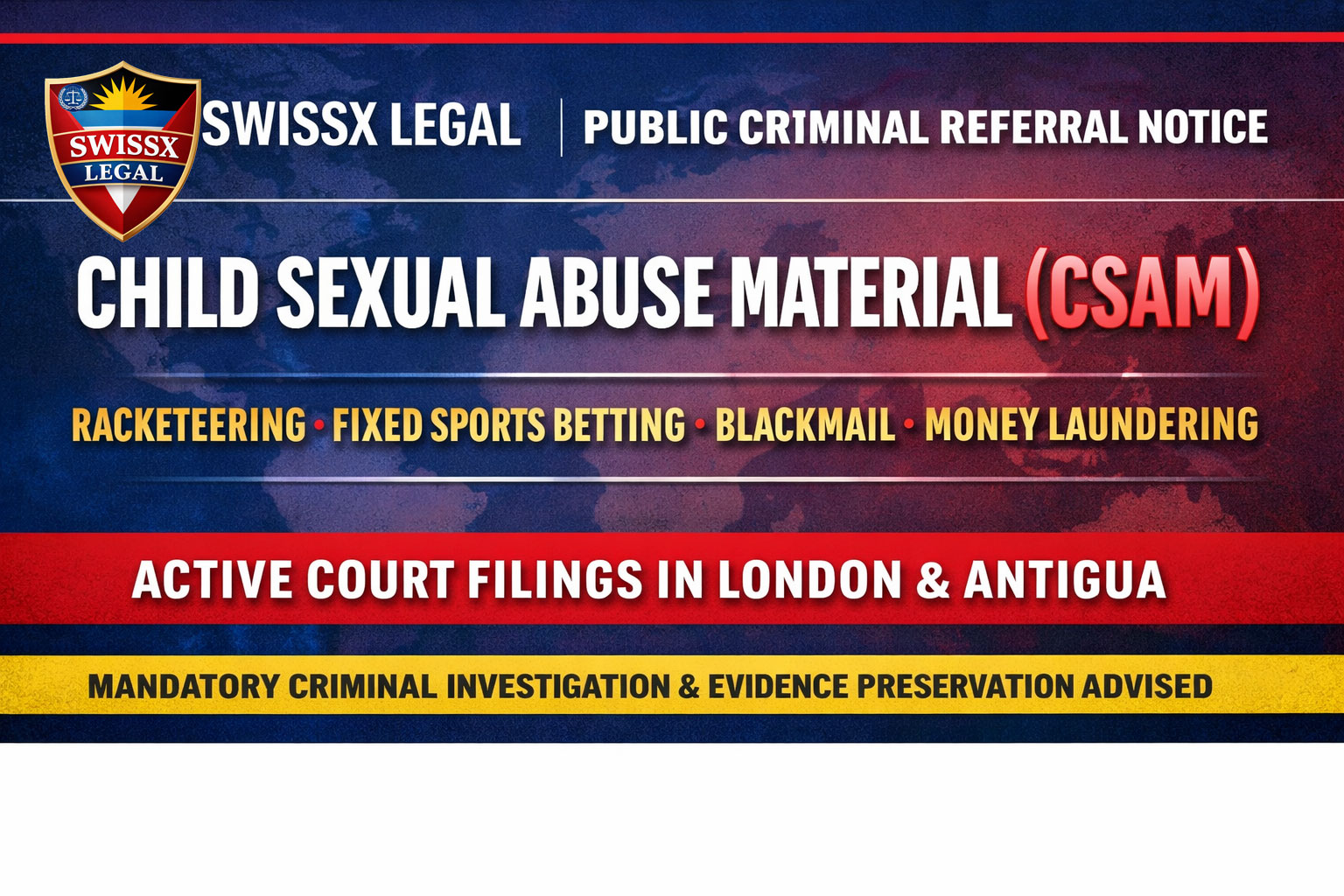Charlie Javice, the innovative mind behind a startup designed to streamline the financial aid application process for students, has been sentenced to more than seven years in prison following a high-profile fraud case involving JPMorgan Chase. The 33-year-old founder was found guilty of defrauding the bank of a staggering $175 million by fabricating the customer base of her company, Frank.
In a Manhattan federal court, Judge Alvin K. Hellerstein laid bare the extent of Javice's deception, stating she falsely represented her company as having served over 4 million students, whereas the actual figure was under 300,000. Her actions, which took place during negotiations with the bank in the summer of 2021, were described as a 'large fraud.'
Defense attorney Ronald Sullivan argued that Javice was unlike other notable fraudsters like Elizabeth Holmes, stating that her product had real value, unlike the failed tests presented by Holmes. He emphasized that her prosecution stemmed from pressure to find a scapegoat for JPMorgan's hasty acquisition.
Javice's rise to fame included recognition in Forbes’ '30 Under 30', but her fall from grace mirrored that of other young tech executives whose companies were marred by fraud allegations. With a personal investment in creating meaningful solutions for students, Javice expressed profound remorse, saying she is 'haunted' by the consequences of her actions and apologized to all stakeholders involved.
As the sentences and realities unfold, many view this case as a stark reminder of the potential consequences of fraud within the startup ecosystem, signaling a call for greater accountability and due diligence from both startups and investors.





















